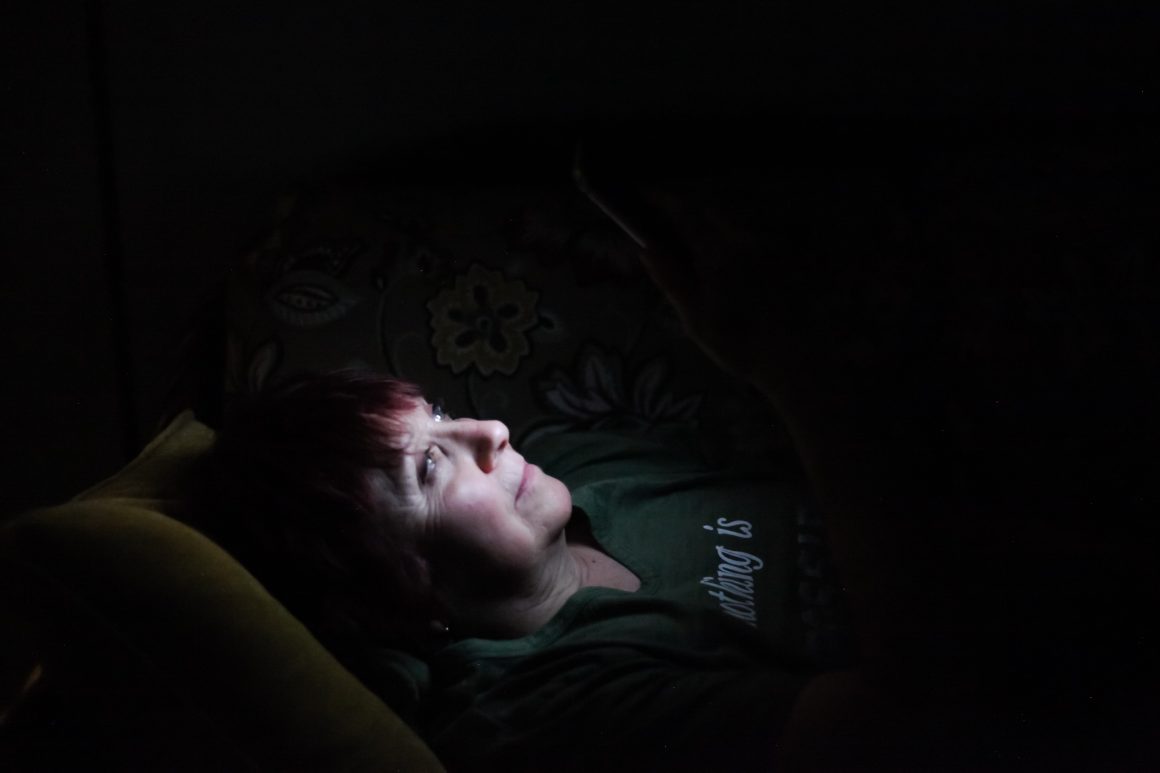
Mental health in an online world
By Ishita Moghe, October 11 2020—
Online classes in March didn’t sound too bad. We were in the tail end of the semester and learning online was just a temporary measure to keep us safe. The fall semester would surely be on campus, right?
This semester feels different. First years are experiencing the first university lectures of their lives online. Students are isolated from their classmates, and professors are having to lecture to names on a screen. Student engagement is plummeting and anxiety levels are rising.
Uncertainty about the future and the lack of social contact are causing mental health suffering. Students and faculty are having to adapt to a whole new academic structure while dealing with economic, social and health disruptions. Everyone is not experiencing the same pandemic (we know that economical disadvantages and physical vulnerabilities compound the effects of the pandemic) but it is difficult to cultivate safe and trusting dialogues over the computer. Unreliable access to stable WiFi, personal computers, webcams and printers add to student stress as they attempt to fulfill coursework in vastly diverse home environments. Many international students are struggling to engage in courses over different time zones. The University of Calgary has also continued with the planned tuition increases despite significant protest from the student community.
Although the new ‘normal’ includes increased isolation and erratic sleep schedules, these seemingly minor habits can factor into declining emotional and mental health. Though feelings of loneliness are expected, they can be somewhat aided by regular check-ins by instructors and employers, or by setting up a buddy system. The use of small group breakout rooms during large online courses and virtual sessions from gyms, community groups, or places of worship are necessary to maintain contact and alleviate some of the effects of isolation.
Every major disaster and epidemic has been linked with long-term decline in mental health. Individual vulnerability and exposure to stressors (which can be compounded by our home environments) are significant determinants of the risk of developing depression as a long-term effect. The SARS epidemic led to increased incidences of depression, substance abuse, and psychological stress throughout the population. In the current COVID-19 pandemic, domestic abuse has also surged as people are forced to stay home more often than not.
We are currently focusing on immediate concerns, which is necessary, but as the year progresses we need to target long-term effects and establish preventative measures. Short-term feelings of fear and uncertainty are inevitable for most students, but feelings of powerlessness and excessive stress are cause for concern. The current push for personal responsibility to socially distance and avoid public spaces needs to be integrated with the need to establish preventative measures on an institutional level.
The U of C has been actively working to support the mental health of their students by recruiting student and faculty volunteers to aid in their virtual support early this spring, and continuing to organize virtual events to provide community support to students feeling isolated.
A useful method for maintaining a healthy lifestyle while learning from home is developing a routine similar to your pre-COVID routine. Though this is easier said than done, holding yourself and your social circle accountable to commitments and regularly checking in with those around you is necessary to foster a sense of community from our own homes. We will need to use unconventional and creative solutions on a structural level to provide support for the huge demand for mental health resources that will undoubtedly stem from the pandemic.
